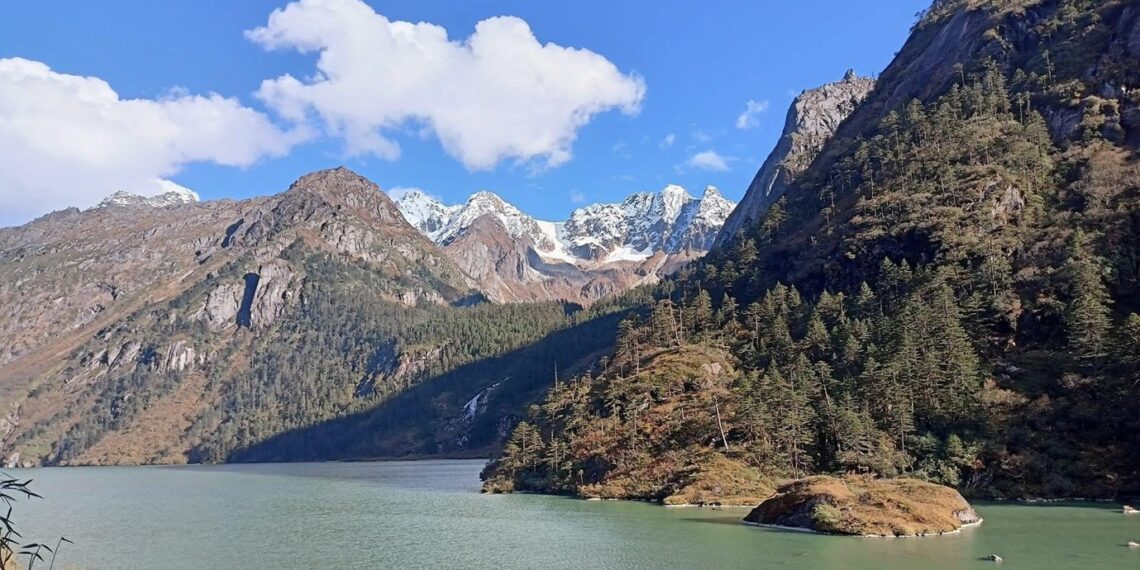GUWAHATI: The Energy and Resources Institute (TERI) has announced plans to establish an institute in Guwahati dedicated to conserving natural resources in the eastern Himalayas, renowned for its biodiversity.
The project, currently under discussion with the Assam government, aims to launch the Institute of Himalayan Studies.
The institute will focus on biodiversity conservation, expanding forest cover, mitigating climate change impacts, and conducting climate risk assessments.
Vibha Dawan, director-general of TERI, highlighted the critical need for sustainable growth and conservation efforts in the region.
“Initiatives have begun, but much more is needed to raise awareness across all levels, particularly within local communities driven by job prospects, without compromising on environmental integrity,” Dawan told a national business daily.
At present, queries directed to the principal secretary to the government of Assam and a spokesperson remained unanswered.
The institute plans to offer formal degree-oriented training and initiate Management Development Programs (MDPs) aimed at enhancing awareness among grassroots communities and decision-makers.
TERI envisions the institute as a hub for creating green jobs, improving agricultural productivity, increasing electricity demand through renewable sources, and contributing significantly to India’s renewable energy targets.
This initiative follows TERI’s recent announcement to set-up a world-class institute on energy transitions in Hyderabad in collaboration with the union power ministry.
The forthcoming institute in Guwahati represents another strategic move towards bolstering environmental sustainability efforts in the region.
The eastern Himalayas, home to glaciers and snow-capped peaks, serve as the source of Asia’s major rivers and possess substantial hydroelectric generation potential.
India aims to achieve 500 GW of renewable energy capacity by 2030, accompanied by significant carbon emissions reductions and the production of 5 million tonnes of green hydrogen.
The country has already approved 50 solar parks with a combined capacity of 37.49 GW to advance these goals and this institute is inline with these sustainability goals.















